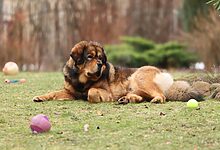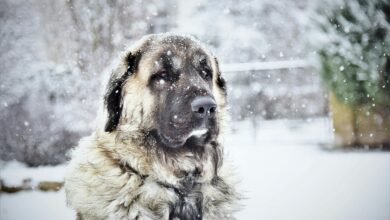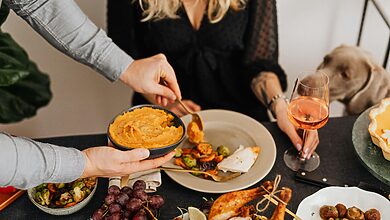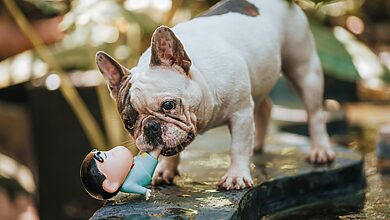Egg-cellent Breeds: Choosing Chickens for Maximum Egg Production
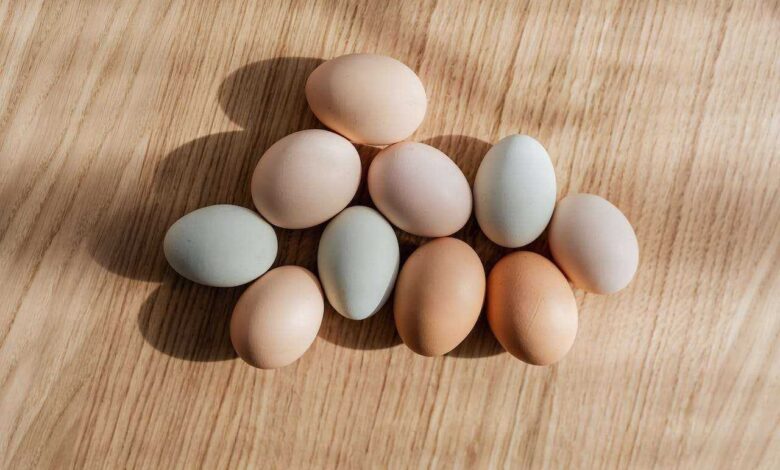
Egg-cellent breeds, embarking on the journey of backyard chicken keeping for egg production is not just a delightful hobby; it’s a venture into a sustainable and rewarding lifestyle. In this comprehensive guide, we’ll explore the top chicken breeds known for their laying prowess, providing insights into selecting the right breed for your specific needs.
Egg-cellent Breeds for Maximum Laying
Laying Powerhouses
- Rhode Island Reds: Known for their hardiness and consistent egg production. Egg color brown, active and friendly.
- Leghorns: Recognized as prolific layers with a focus on white egg production. Egg color white, energetic and indepedent.
- Australorps: Hold the world record for the most eggs laid in a year. Egg color brown, docile and friendly.
Dual-Purpose Delights
- Plymouth Rocks: Renowned for both egg and meat production. Egg color brown, calm and adaptable.
- Orpingtons: Gentle giants suitable for both eggs and meat. Egg color brown, friendly and docile.
- Wyandottes: Dual-purpose birds with a charming appearance. Egg color brown, confident and friendly.
Cold-Hardy Layers
- Australorps: Not just prolific layers but also robust in colder climates. Egg color brown, docile and friendly.
- Delaware: Known for their ability to withstand chilly temperatures. Egg color brown, calm and friendly.
- New Hampshire Red: Cold-hardy birds with excellent laying capabilities. Egg color brown, hardy and friendly.
Gentle Giants
- Cochins: Friendly and docile, making them ideal for families. Egg color brown, calm and gentle.
- Brahmas: Known for their calm disposition and striking appearance. Egg color brown, gentle and friendly.
- Silkies: A favorite for children with their gentle nature and unique appearance. Egg color cream or tinted, calm and affectionate.
Space-Saving Secrets
Miniature and Bantam Egg Layers:
- Characteristics: Perfect for smaller coops and limited spaces
- Egg Color: Varies based on the specific breed.
- Temperament: Energetic and adaptable.
Unique Egg Options
- Ameraucana and Easter Eggers: Lay distinctive blue and green eggs. Active and hardy.
- Araucana: Renowned for producing blue eggs. Independent and hardy.
Feed Efficiency Experts
Cost-Effective Layers:
- Characteristics: Breeds that efficiently convert feed into eggs.
- Egg Color: Varies based on the specific breed.
- Temperament: Hardy and adaptable.
Quiet Layers
Maintaining the Peace:
- Characteristics: Breeds suitable for neighborhoods with noise restrictions.
- Egg Color: Varies based on the specific breed.
- Temperament: Calm and docile.
Tips for Maintaining Peak Production
- Optimal Nutrition:
- Ensure your hens receive a balanced and nutritious diet rich in essential nutrients.
- Provide access to fresh water at all times.
- Year-Round Egg Laying:
- Implement strategies for consistent production throughout the year.
- Address environmental factors such as lighting and temperature.
Transitioning Hens and Breeding Considerations
- Smooth Transitions:
- Introduce hens to new laying environments gradually to minimize stress.
- Provide a comfortable and secure space for nesting.
- Breeding for Success:
- Choose the right breeding stock with a focus on egg-laying potential.
- Consider factors such as health, temperament, and genetic diversity.
Overcoming Challenges for Egg-cellent breeds and Ensuring Egg Health
- Common Challenges:
- Solutions for dropped production, soft shells, and more.
- Regular health checks and prompt intervention for any issues.
- Veterinarian’s Insights:
- Optimize nutrition through a well-balanced diet.
- Regular veterinary check-ups to monitor overall health.
Egg-cellent Breeds
Whether you’re a novice or experienced chicken keeper, choosing the right breed is essential for a successful egg-laying venture. This guide provides a roadmap for selecting breeds based on your preferences and needs, along with valuable tips for maintaining peak production and overcoming common challenges. Embark on your egg-cellent journey and create a backyard bonanza of delicious yolks with the perfect chicken breed for your flock. Happy clucking and egg collecting!
Bonus Topics: Egg-cellent Breeds
- Organic Egg Production:
- Explore sustainable practices for organic eggs.
- Considerations for organic feed and free-range options.
- Hatchling and Pullet Care:
- Provide specialized care for young chicks to ensure optimal laying potential.
- Tips for transitioning pullets to laying hens.
- Sustainable Husbandry:
- Practices for responsible chicken keeping and egg collection.
- Considerations for waste management and eco-friendly coop designs.
- Local and Heritage Breeds:
- Discover the unique qualities and advantages of local and heritage chicken varieties.
- Support local breeders and preservation efforts.
- Egg Recipes:
- Creative and delicious ways to use and preserve fresh eggs.
- Explore recipes for breakfast, baking, and more.
- Automation Options:
- Explore technology for efficient chicken coops and egg collection.
- Consider automatic feeders, waterers, and egg collection systems.
FAQs: Egg-cellent Breeds
Q1: What breeds are suitable for smaller spaces?
A1: Miniature and Bantam Egg Layers are perfect for limited spaces due to their smaller size and adaptability.
Q2: How can I ensure consistent egg production?
A2: Optimal nutrition, year-round laying strategies, and a comfortable environment contribute to consistent egg production.
Q3: What challenges might I face in egg production, and how can I address them?
A3: Common challenges include dropped production and soft shells. Regular health checks and a balanced diet help overcome these issues.
Q4: Are there breeds suitable for quiet neighborhoods?
A4: Yes, breeds like Silkies are known for their calm and docile temperament, making them suitable for quieter areas.
Q5: What are some sustainable practices for egg production?
A5: Explore organic egg production, sustainable husbandry, and supporting local and heritage breeds for eco-friendly practices.

